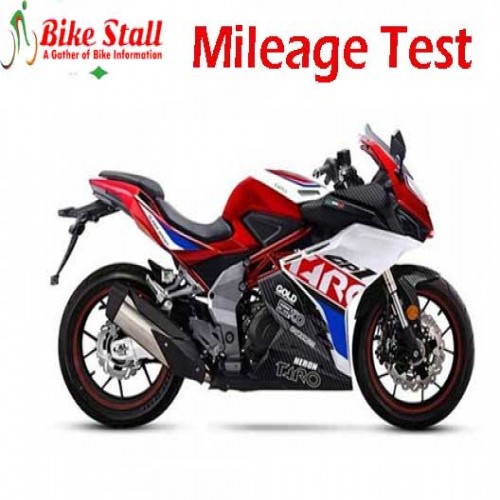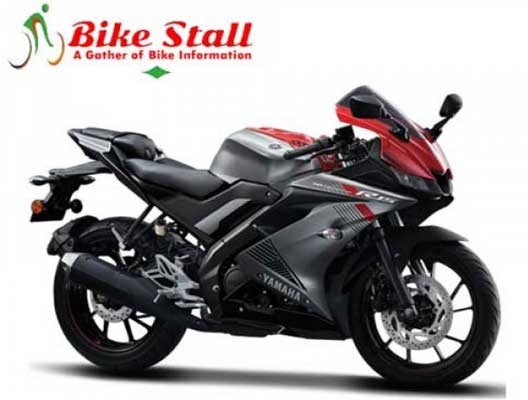Choose the Right Fuel for Your 150cc Motorcycle

When it comes to fueling your 150cc motorcycle, making the right choice at the pump can have a significant impact on performance, efficiency, and your wallet. Many riders wonder whether they should opt for regular petrol (gasoline) or consider higher-octane options. In this article, we'll explore the factors to consider when choosing the right fuel for your 150cc motorcycle and provide real-world examples to illustrate the importance of this decision.
Understanding Fuel Octane Ratings
Before delving into the specifics, let's clarify what fuel octane ratings mean. Octane is a measure of a fuel's resistance to engine knocking or pinging. When fuel ignites prematurely in the engine's cylinder, it can cause a knocking sound and potentially damage the engine. Higher-octane fuels have a greater resistance to knocking.
Now, let's examine the factors to consider when deciding between regular and higher-octane fuels for your 150cc motorcycle:
1. Manufacturer's Recommendations
The first and most crucial factor is to consult your motorcycle's owner's manual. Manufacturers typically specify the recommended octane rating for your specific motorcycle model. This information is invaluable and should be your primary guide. Ignoring these recommendations can lead to performance issues and potential engine damage.
Example 1: Manufacturer's Guidance
Suppose your 150cc motorcycle's owner's manual recommends using regular petrol with an octane rating of 87. In this case, following the manufacturer's guidance is essential. Using a higher-octane fuel would not provide any significant benefits and would be an unnecessary expense.
2. Engine Design and Compression Ratio
Higher-octane fuels are more suitable for engines with higher compression ratios. These engines squeeze the air-fuel mixture more tightly before ignition, which can make them more prone to knocking when using lower-octane fuels.
Example 2: Engine Type
Imagine you have two 150cc motorcycles from different manufacturers. Motorcycle A has a high-performance engine with a high compression ratio, while Motorcycle B has a standard engine with a lower compression ratio. Motorcycle A's manual recommends using premium petrol (91 octane), while Motorcycle B's manual specifies regular petrol (87 octane). In this case, each motorcycle's recommendation aligns with its respective engine design.
3. Performance and Efficiency
Using a higher-octane fuel in an engine that doesn't require it won't result in better performance or fuel efficiency. In fact, it may even lead to decreased efficiency and increased fuel costs, as higher-octane fuels are typically more expensive.
Example 3: Unnecessary Use of Premium Fuel
Let's say you own a 150cc motorcycle with a standard engine, and the manufacturer recommends regular petrol (87 octane). Opting for premium fuel (91 octane) in this case won't give you better performance or fuel efficiency. You'll essentially be paying more for a fuel that your engine doesn't fully utilize.
4. Riding Conditions
Consider your typical riding conditions. If you frequently ride in hot weather or at high altitudes, you might encounter different fuel requirements. In some cases, higher elevations may require lower-octane fuels due to reduced air pressure, while extremely hot weather might necessitate higher-octane fuels to prevent knocking.
Example 4: High-Altitude Riding
Suppose you live in a mountainous region with steep inclines and often ride your 150cc motorcycle at high elevations. In this scenario, you may find that using a lower-octane fuel (e.g., 85 octane) is sufficient, as the reduced air pressure at higher altitudes can affect fuel combustion. Again, consulting your owner's manual is essential to determine the appropriate fuel choice.
In conclusion, choosing the right fuel for your 150cc motorcycle is a decision that should be based on the manufacturer's recommendations, your motorcycle's engine design, and your riding conditions. Using the correct octane rating is crucial for optimal performance and efficiency. Always consult your motorcycle's owner's manual, and when in doubt, opt for the fuel specified by the manufacturer to ensure a smooth and efficient riding experience while keeping your wallet happy.


